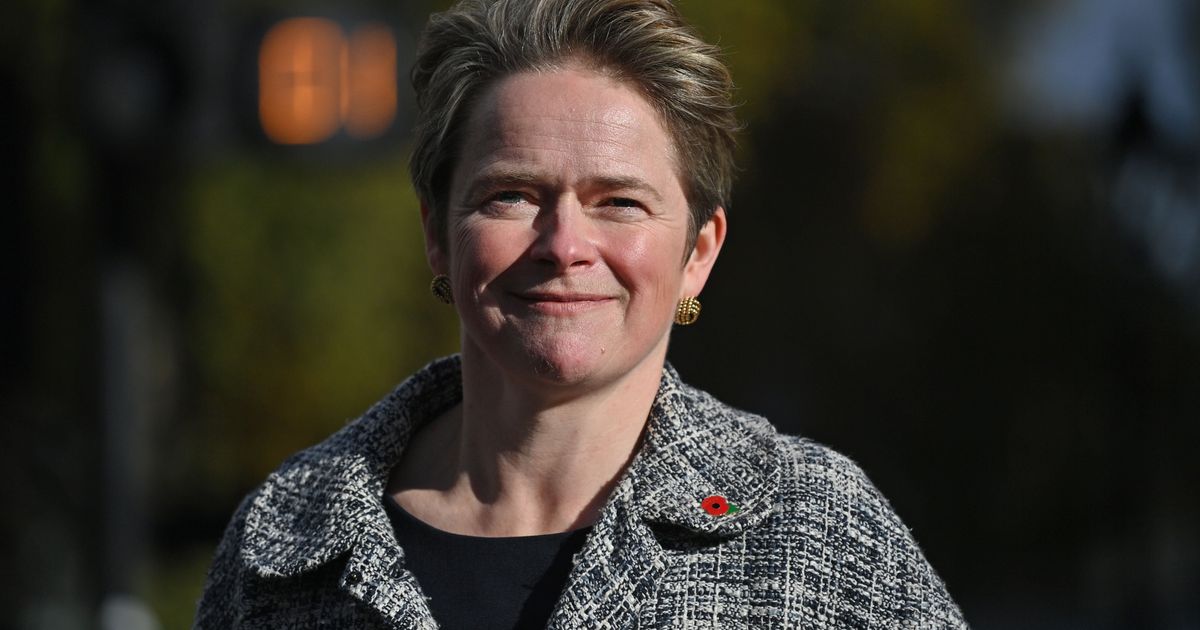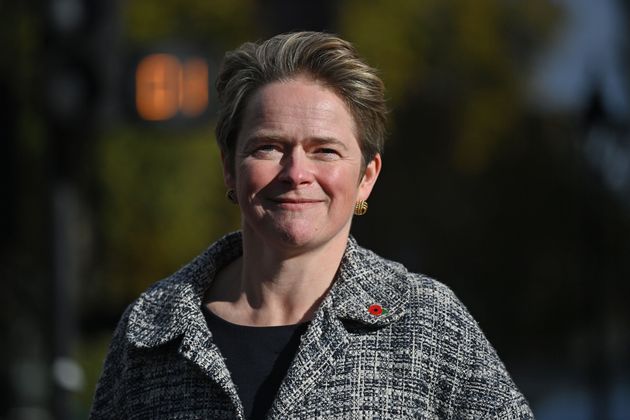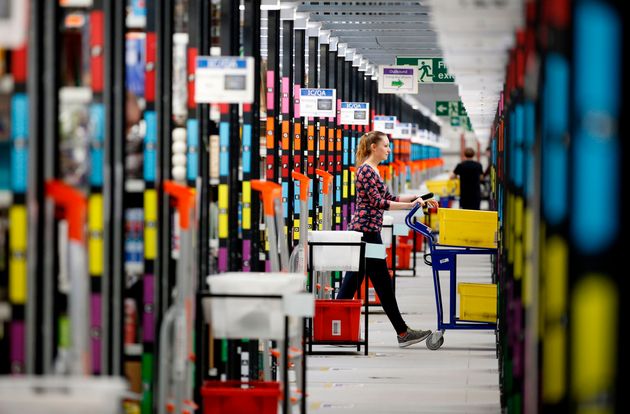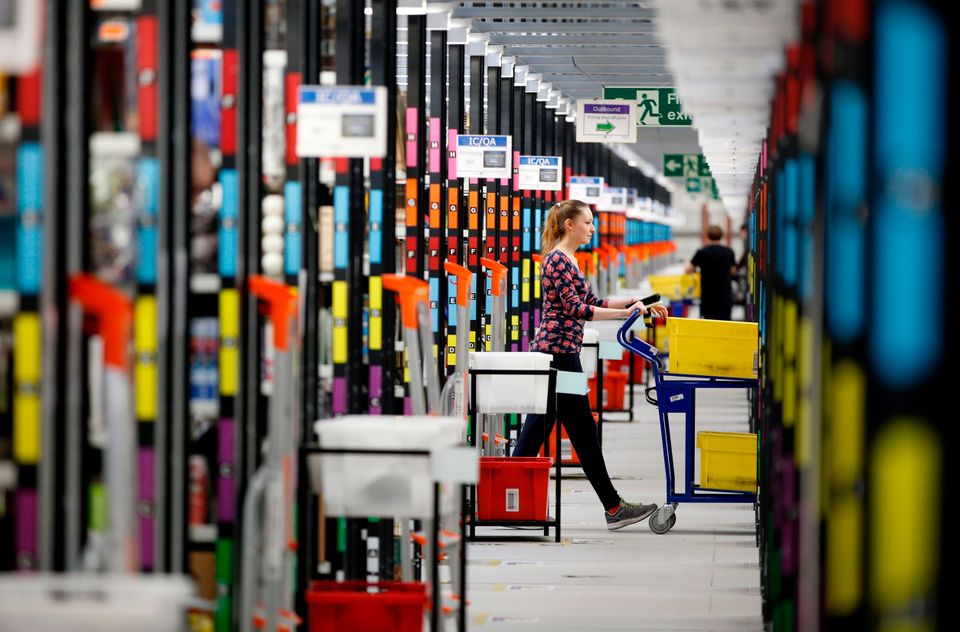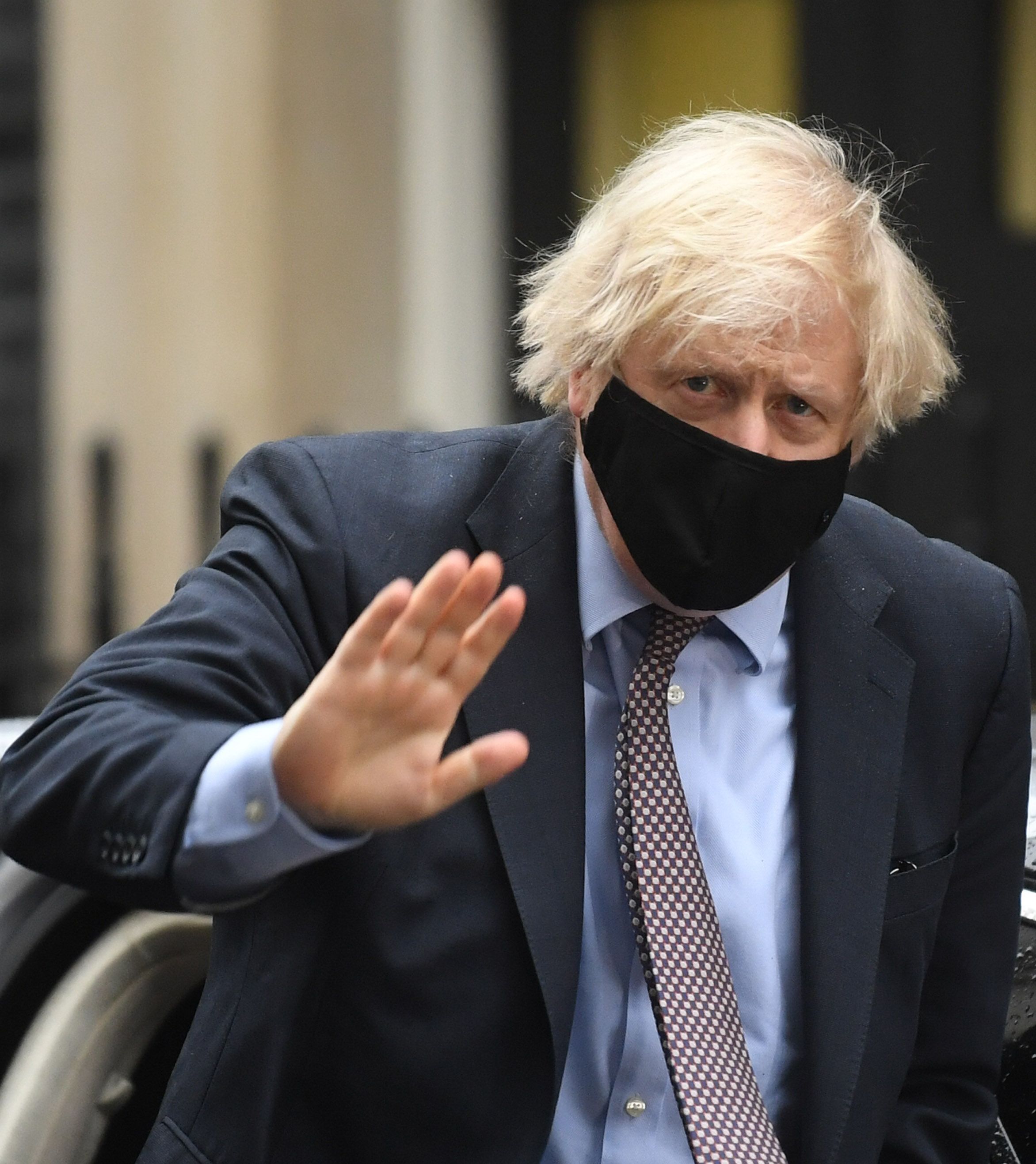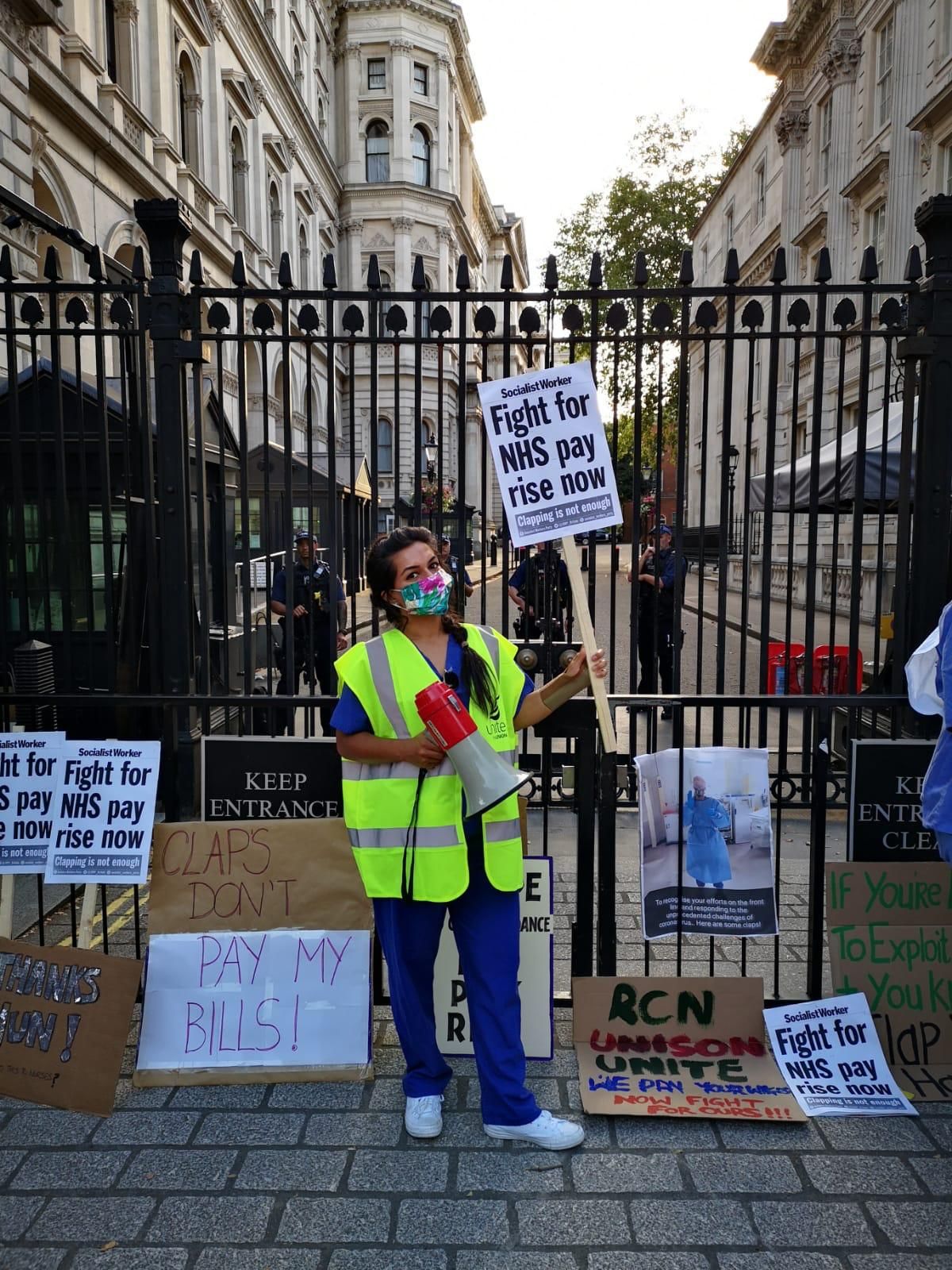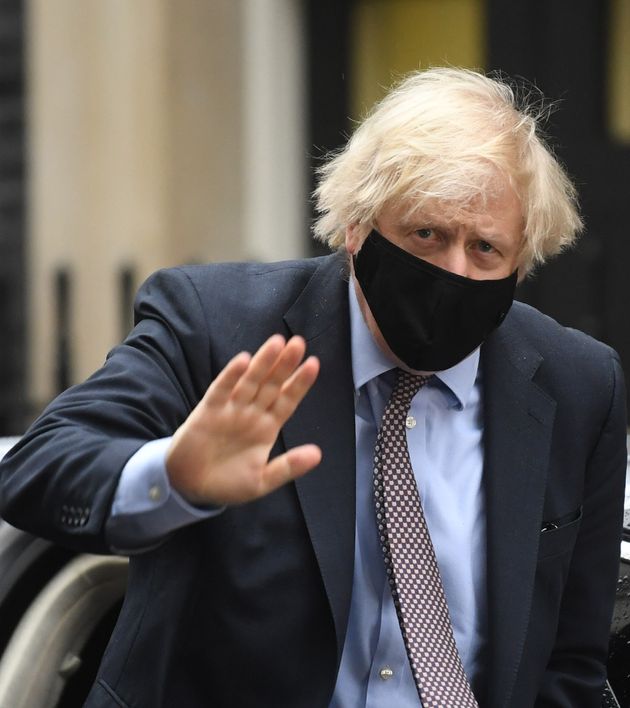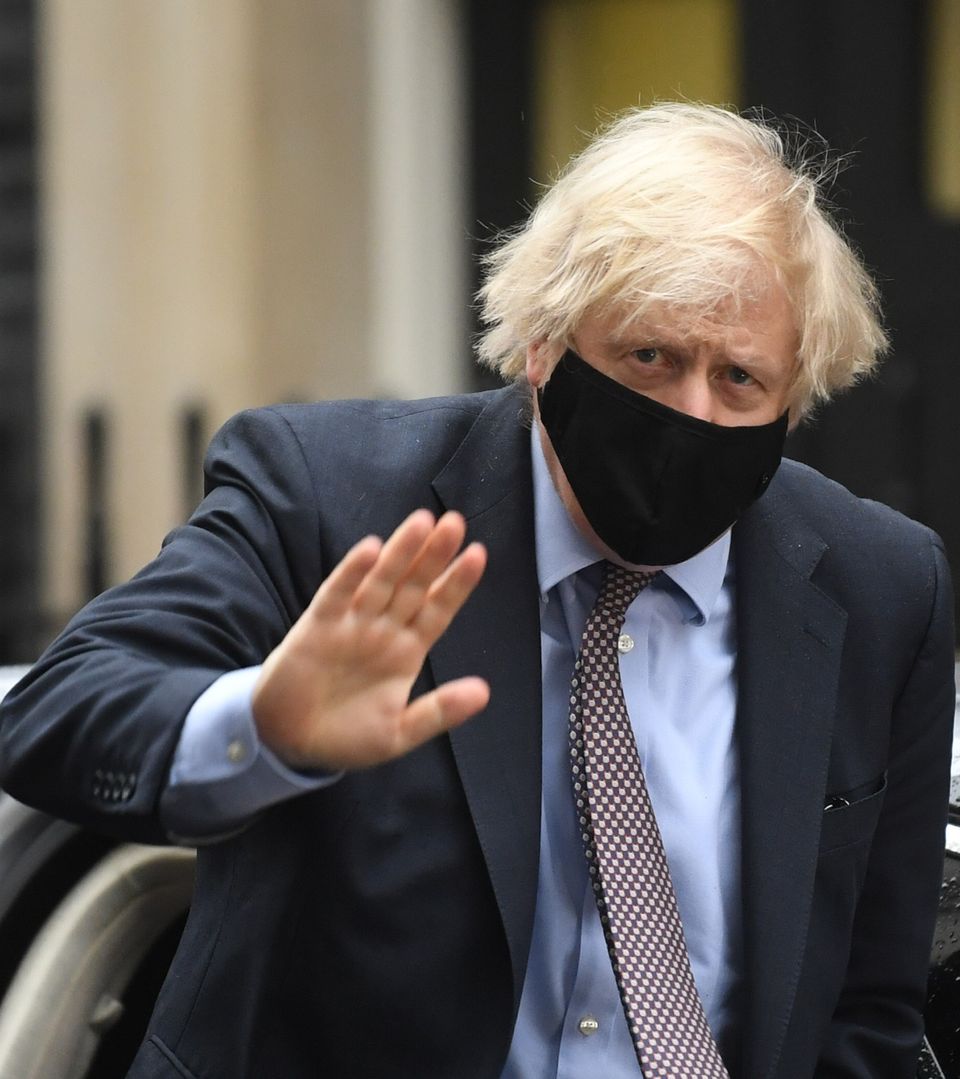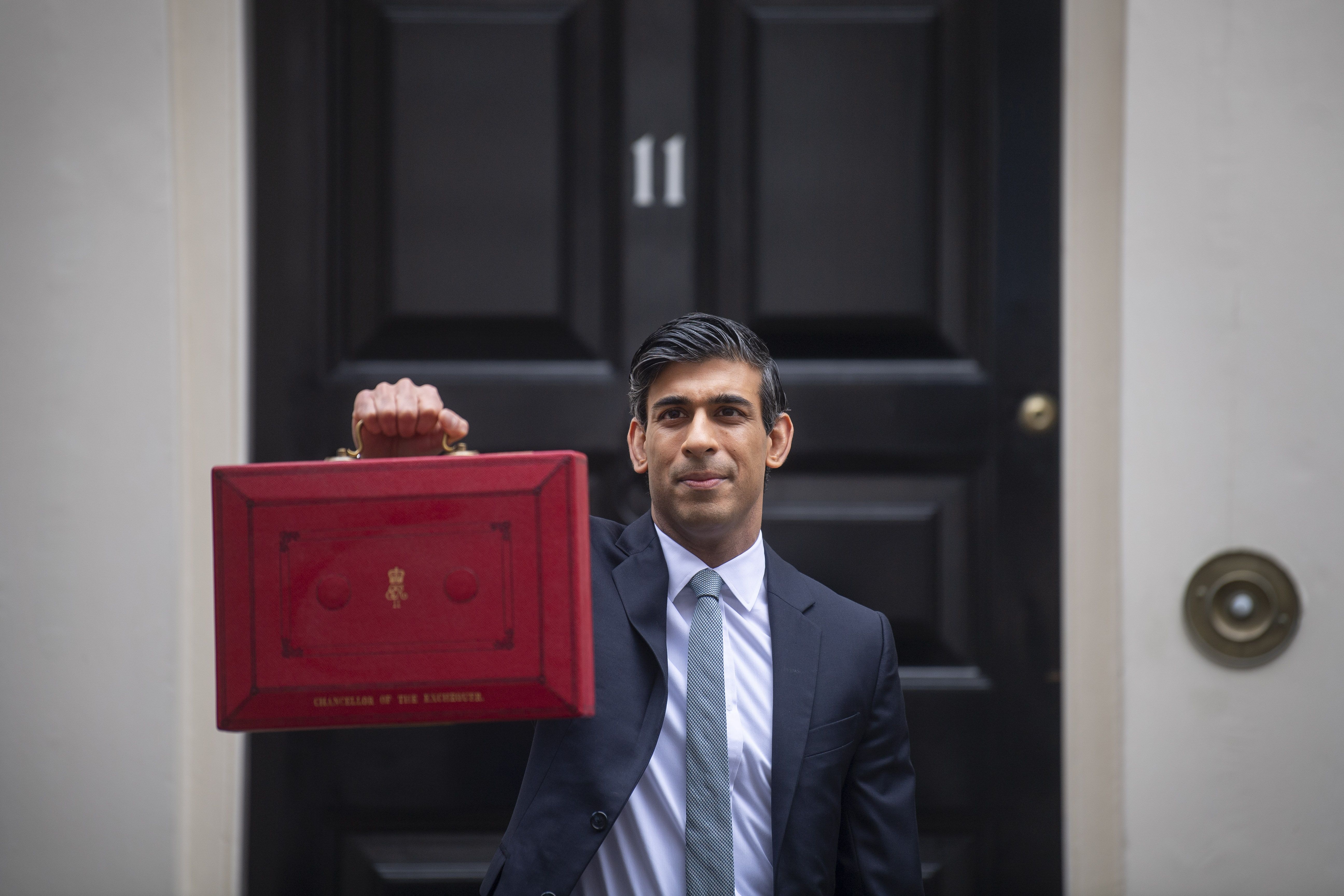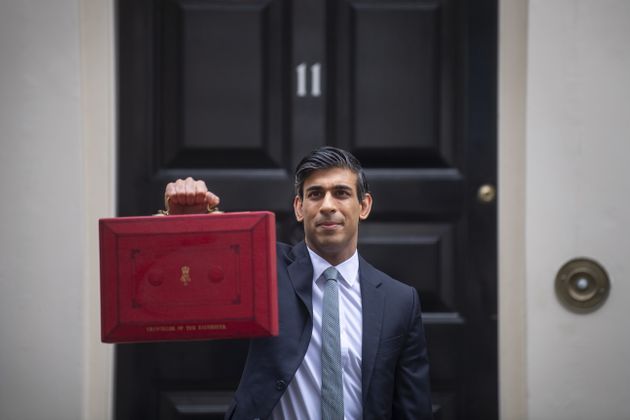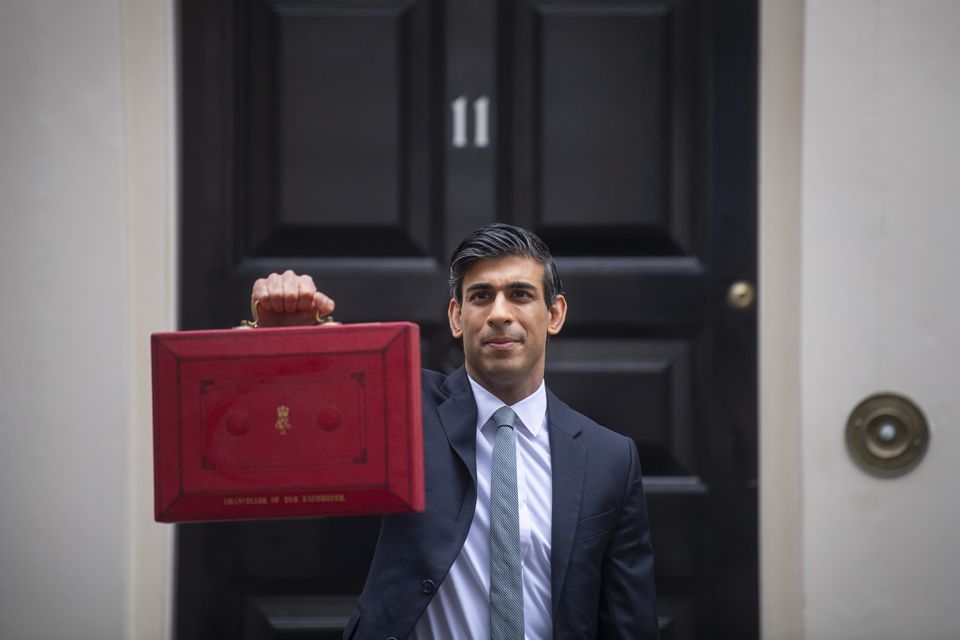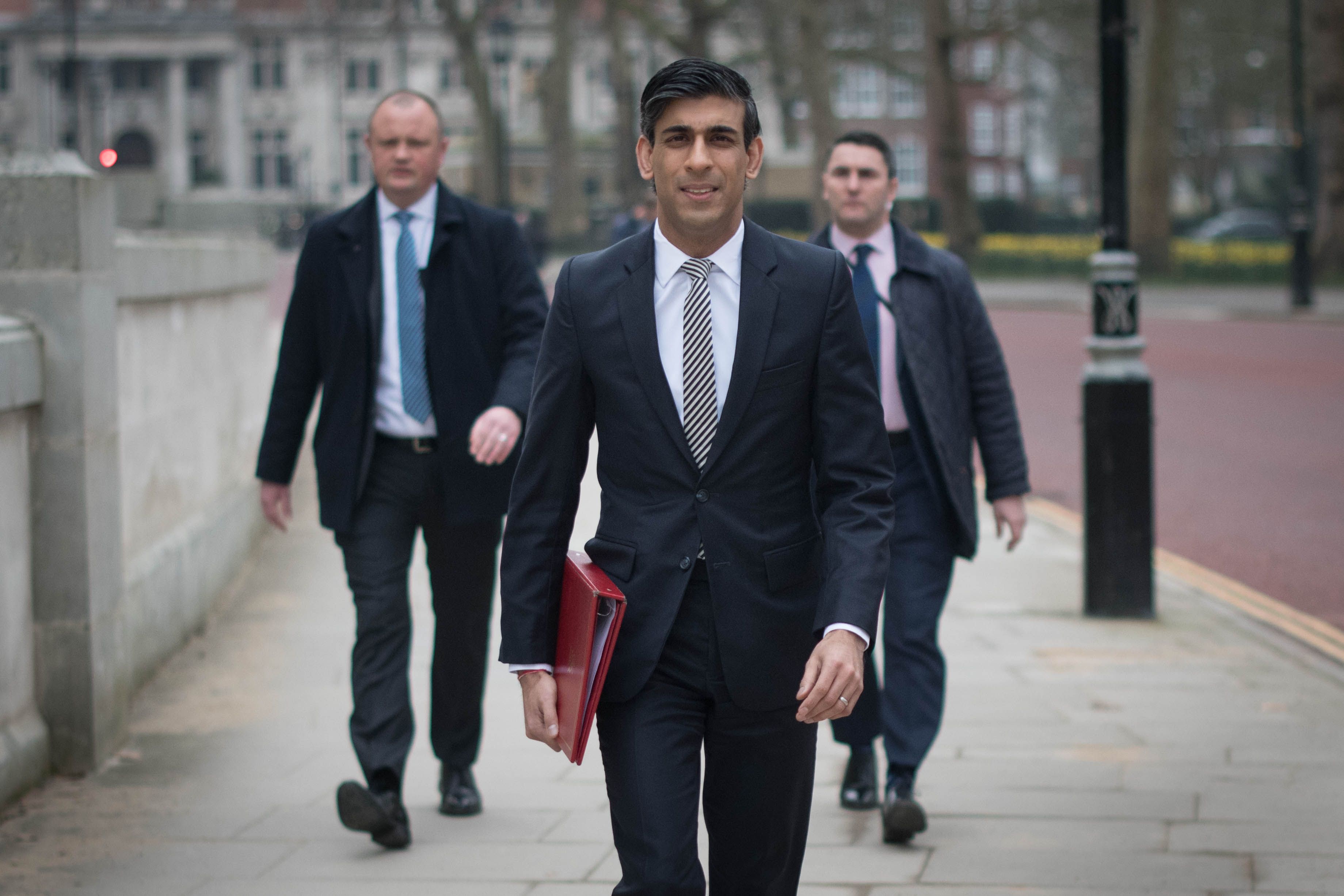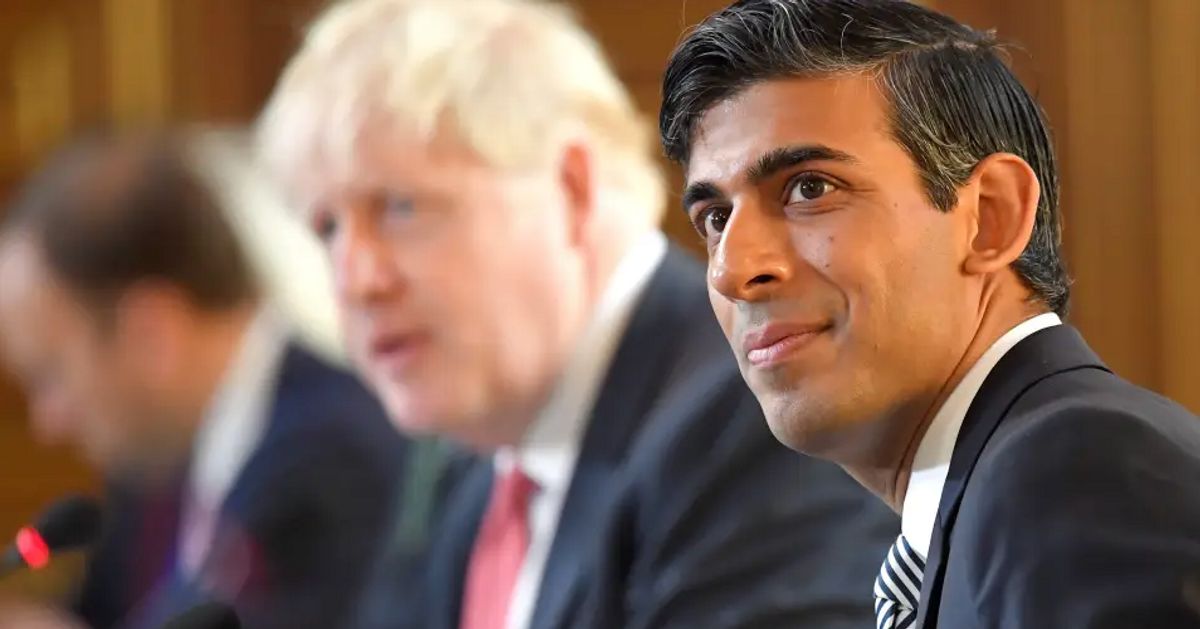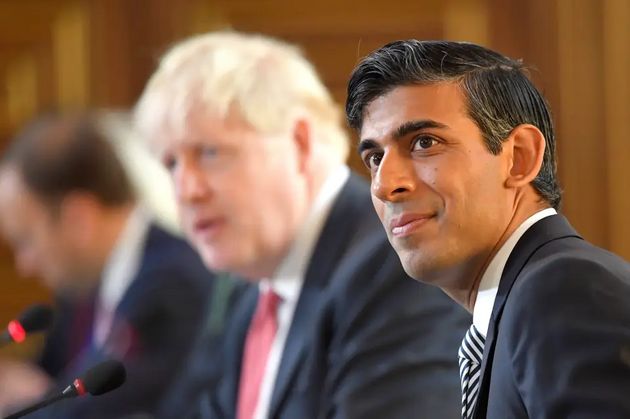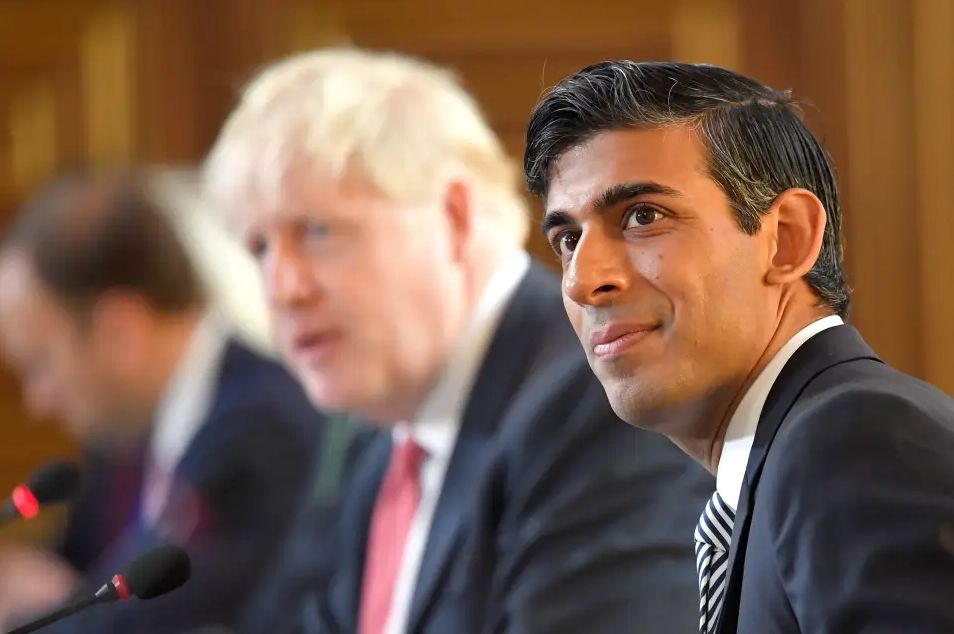
Promises, promises, what price promises? Back in the summer of 2019, fresh from his Tory leadership triumph, Boris Johnson famously couldn’t resist the temptation of trying to make a political pledge sound all the more binding by making it outside No.10.
He didn’t just stand on the steps of Downing Street to promise a social care plan. In a strange bit of meta-politics he actually told us: “I am announcing now, on the steps of Downing Street, that we will fix the crisis in social care once and for all with a clear plan we have prepared.” Of course, we’ve long since learned there was no plan; it wasn’t “clear” and it certainly wasn’t “prepared”.
Just three days later, the newly-installed PM was at it again. In his first major policy speech, he turned up to Manchester to commit to building a brand new rail line to Leeds, part of the Northern Powerhouse Rail across the Pennines. While many in the social care sector remember the No.10 words, quite a few in the north remember the rail pledge too.
“Today I am going to deliver on my commitment to that vision with a pledge to fund the Leeds to Manchester route,” Johnson said. He said there would need to be agreement on the exact proposal “but I have tasked officials to accelerate their work on these plans so that we are ready to do a deal in the autumn.”
That was autumn 2019, but it may end up being autumn 2021 before any “deal” is done. It has emerged that there are new plans to cut costs by upgrading an existing rail route through Huddersfield and Dewsbury.
Our Arj Singh has sources claiming a split between No.10 and the Treasury, with the latter preferring to wait until the spending review later this year. If it is scaled back as well as delayed, the ‘Crossrail for the North’ may leave plenty in the north cross.
It’s just one example of several tensions between No.10 and No.11 in coming months, with the Sunday Times pointing to the pensions lock, catch-up funding and, yes, social care, as potential flashpoints. On the intriguing proposal of a one-year ‘moratorium’ on not putting up pensions to match earnings, Johnson said: “I’m reading all sorts of stuff at the moment which I don’t recognise at all.”
Similarly, the PM’s spokesman insisted the £200m successor to the Royal Yacht was definitely going ahead and it would definitely come from the Ministry of Defence’s budget. On both pensions and the new Britannia, it felt like No.10 asserting itself.
On the longest day of the year, it was a midsummer murder of the idea the Treasury calls the shots. After all, when James Dyson complained about Rishi Sunak’s failure to meet his tax break demands last year, it was the PM who texted back: “James, I am first lord of the Treasury…”.
Johnson’s own description of his political philosophy is that he is a “Brexity Hezza”. Just like Michael Heseltine, he likes grand projets, state-led investment. His record of getting value for money, however, is not so peachy: highly expensive ‘Boris buses’, loss-making cable cars over the Thames, millions on a garden bridge to nowhere.
The image of a spendthrift prime minister who doles out short-term cash to avoid making long-term hard choices was one outlined by Dominic Cummings in his latest broadside. “The most valuable commodity in govt is focus and the PM literally believes that focus is a menace to his freedom to do whatever he fancies today,” the Substack Svengali wrote. “Hence why you see the opposite of focus now and will do till he goes.”
Given Cummings’ own lavish praise for Sunak of late, he clearly thinks a sense of grip, both fiscal and managerial, will arrive once the chancellor moves into the next house in Downing Street. The battle with Tory backbenchers over planning reform, a Cummings cause celebre, may well end up with another Johnsonian tweak of policy that avoids another hard choice.
The joke among some Conservative fiscal hawks is that Johnson really is a 2021 version of the old joke: “a billion here, a billion there, pretty soon, you’re talking real money”. Having ruled out a return to ‘austerity’, it appears he’s forcing his own Treasury into an unenviable choice between yet more borrowing and new tax hikes.
There’s a strong suspicion that Johnson really does think more borrowing is the answer, if growth fails to look sustainable. If so, that would be in keeping with the PM’s “buy now, pay later” approach. The begging bowl needed for the rash and flash renovation of his Downing Street flat seemed to encapsulate his entire political philosophy of putting off nasty bills.
Johnson hates political costs almost as much as he hates balancing the books. Hard choices will be softened, the can kicked down the road as long as he can keep the voters smiling.
The only spending he seems to hate is spending his own political capital. Most PMs use the early part of a term to do the tough stuff before wooing the voters later, but Johnson seems to be as permanently in campaign mode as any US president.
Yet as Cummings suggests, the lack of focus on actual governance between elections may one day catch up with him. Splashing the cash on northern rail projects is nowhere near as valuable as having a proper, coherent plan to “level up” life chances. Avoiding a planning revolt won’t work unless houses really are built somewhere.
“Chaos isn’t that bad – it means people have to look to me to see who is in charge,” Cummings claimed the PM once told him. Will Rishi Sunak be the one to eventually call time on the chaos? Or will the voters?
Johnson’s lockdown this year shows the merits of telling it how it is, giving it to the public straight and making a really hard choice. But he’s got a long way to go before making a habit of it.



